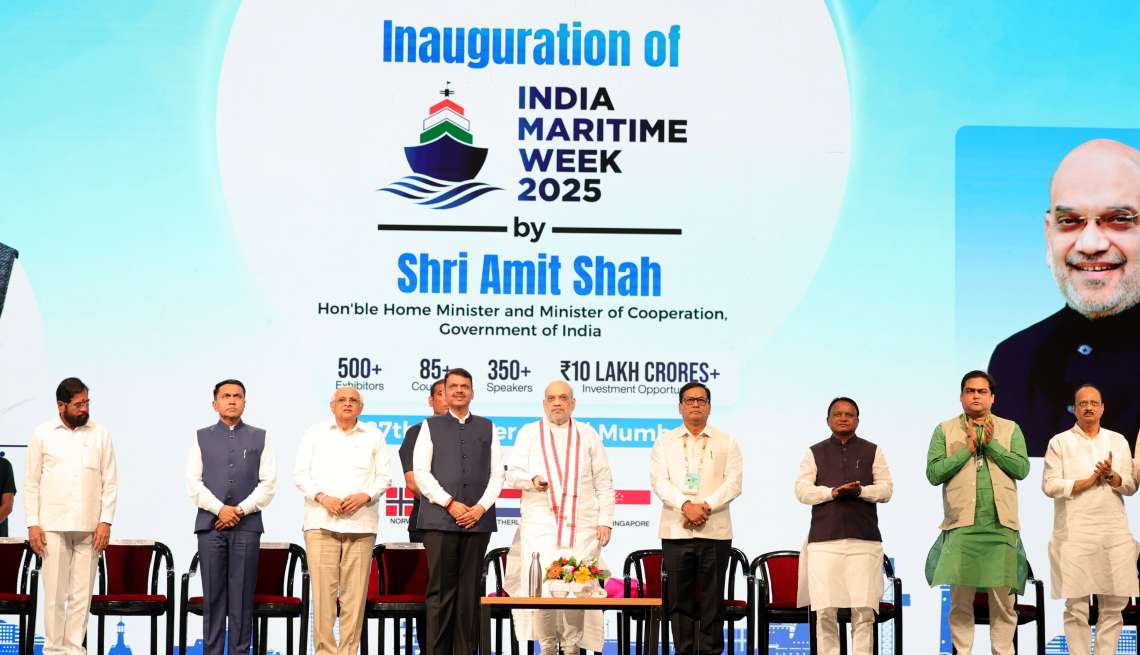The regulations of OTT have been a matter of debate in the country, as consumer bodies have been lobbying to regulate OTT platforms….reports Asian Lite News
The Telecom Regulatory Authority of India (TRAI) has kept OTT out of regulation in its recommendations for the National Broadcasting Policy-2024 (NBP). TRAI’s recommendations has put aside the possibility of future limitations on Google, Facebook, and WhatsApp.
OTT platforms are streaming and audio-visual platforms that began as content hosts but quickly expanded to include the creation and distribution of web series, feature films, documentaries, and short films.
The regulations of OTT have been a matter of debate in the country, as consumer bodies have been lobbying to regulate OTT platforms.
“There is no requirement for establishing a converged legal, administrative, regulatory, and licensing framework. Rather, the focus should be on promoting ease of doing business (EoDB) in the sector by streamlining the process of seeking permissions. One of the ways to promote EoDB is by granting infrastructure status,” the regulator added to the comments made by stakeholders opposing the regulations.
However, the authority has added several policy recommendations to flourish the OTT industry in the country.
It said the OTT being a sunrise sector, needs a forward-looking policy approach. “OTT is a pull-based medium, therefore, transposing legal broadcasting regulations onto OTT would affect
EoDB and hinder growth,” the regulator added.
The TRAI said it has recommended a vision to foster a competitive, affordable and ubiquitous ecosystem for sustained growth of the broadcasting sector, catering to the diverse needs of consumers, that facilitates quality content creation.
TRAI’s recommendations are aimed at establishing a robust broadcasting ecosystem for India by enabling growth oriented policies and regulations through data driven governance along with an ecosystem for indigenous manufacturing
The NBP-24 intends to target broad roadmap for 10 years with special focus on the next 5 years, TRAI added.
It also intends to promote quality content for television and OTT broadcasting services by encouraging the proliferation of Indian content, both locally and globally. The policy recommends promoting Indian content production through films, animation, visual effects, gaming and music.
The regulator has also asked for developing OTT platforms by Prasar Bharati for the promotion of the content of Doordarshan and AIR channels. DD should utilise its archives of good content and relaunch it for new and young audiences through OTT.
TRAI has also provided provisions for protecting interest of stakeholders through copyright protection policies. (ANI)
ALSO READ: Times Square Transforms into ‘Mind Over Madness’ Yoga Oasis













